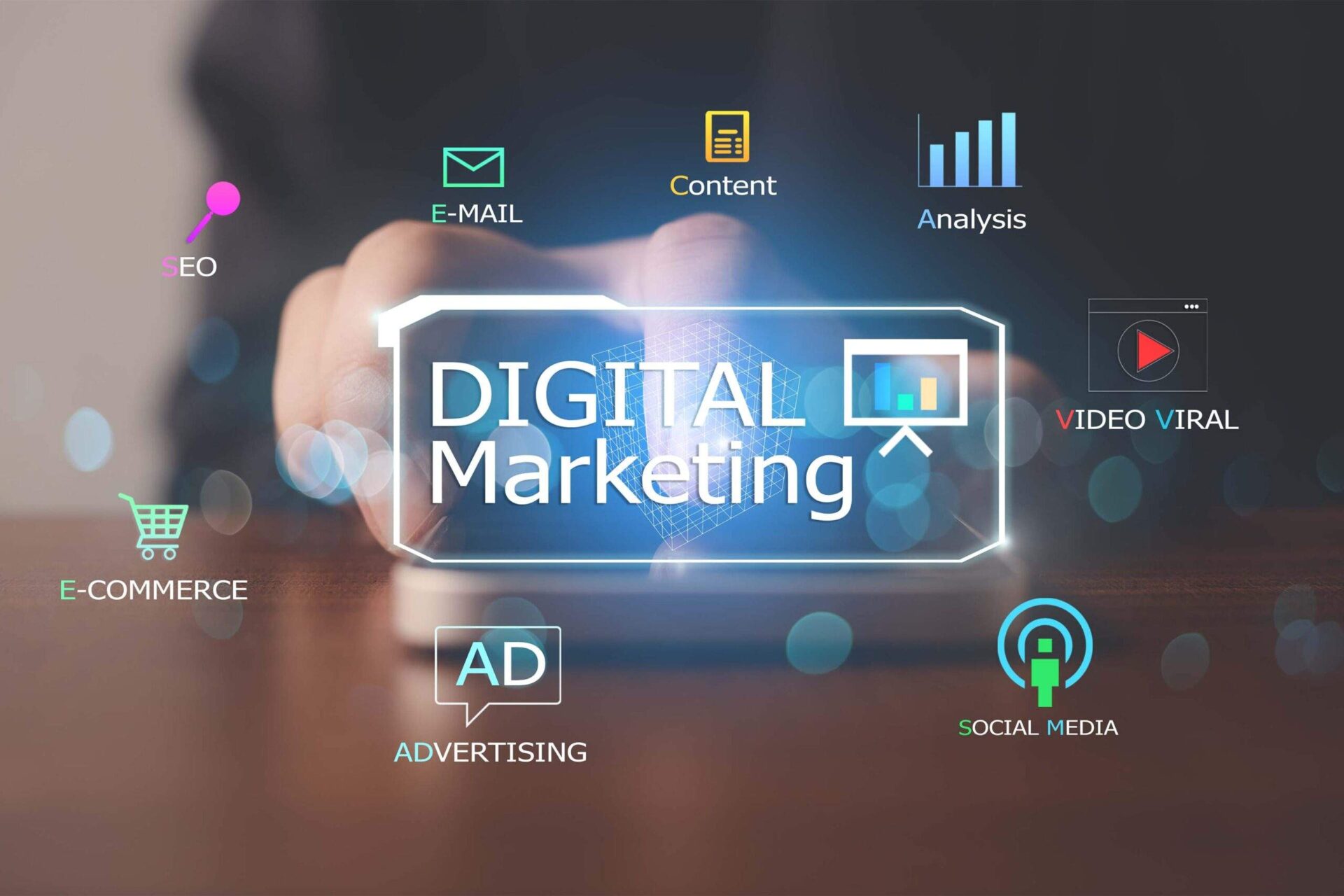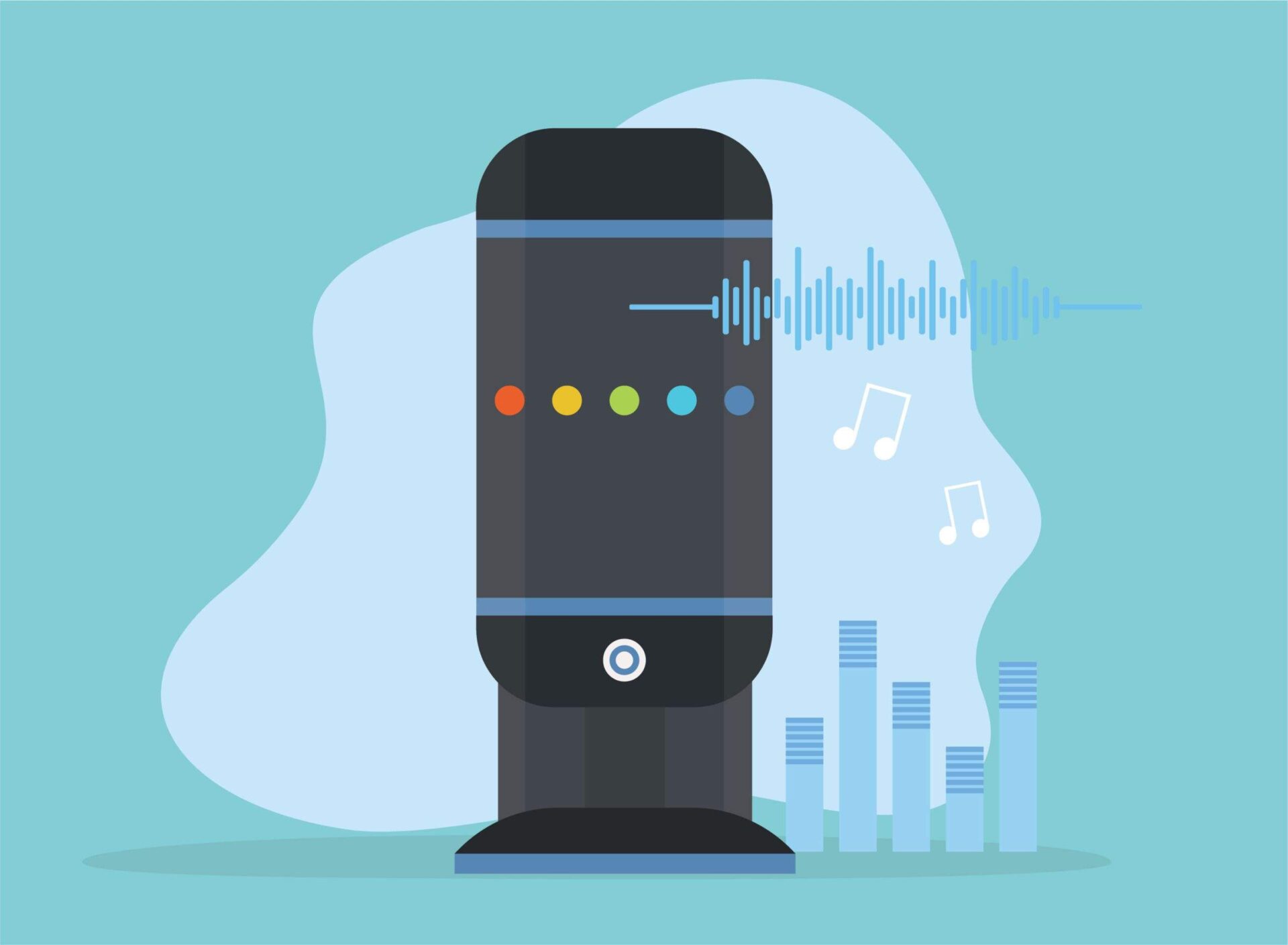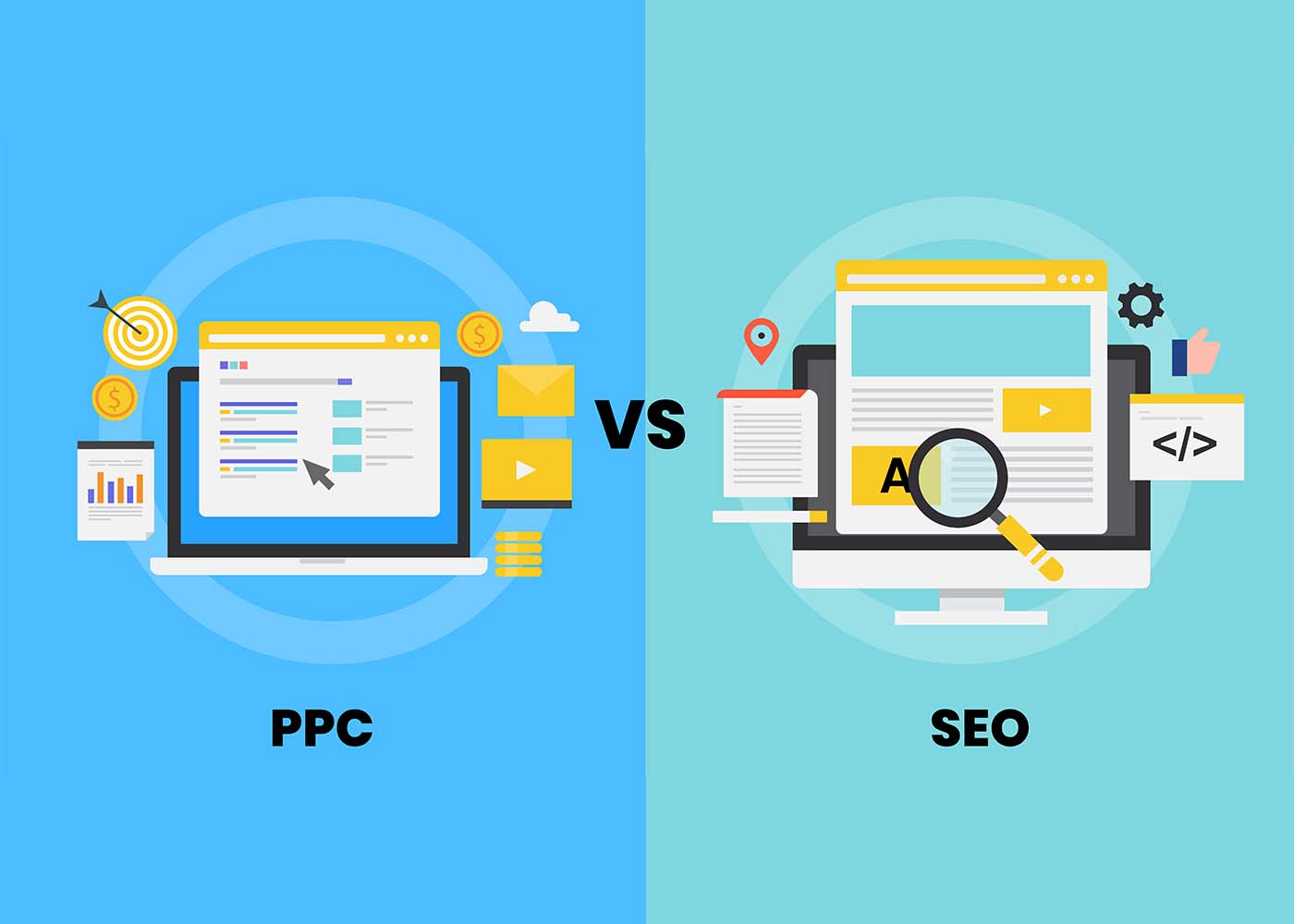It’s no secret that having an effective digital marketing strategy is critically important for the success of any business. Consumers are now bombarded with information from all angles and companies must find ways to grab their attention, make them feel engaged, and ultimately persuade them to buy their products or services. But what many businesses don’t realize is that persuasion can be greatly enhanced if it incorporates certain principles of psychology. In this blog post, we will explore how you can use psychological tactics in your own digital marketing campaigns to get better results and help drive your business forward.
Understand the Basics of Psychological Principles in Digital Marketing
As digital marketing continues to evolve, understanding the basics of psychological principles has become increasingly important. The way people interact with online content is constantly changing, and companies that can leverage these behavioral quirks have a major advantage. From color psychology to social proof, digital marketers need to understand how to appeal to the subconscious of their target audience. By utilizing tactics like emotional appeals, framing, and cognitive heuristics, companies can create more effective campaigns and build long-term relationships with their customers. Overall, understanding the psychology behind digital marketing is no longer a “nice to have” but an essential skill for any marketer looking to succeed in the digital age.
Understanding the Fundamentals of Persuasion
In our digital age, persuasion techniques are utilized extensively by marketers to influence our decisions and actions. These techniques range from manipulating our emotions to exploiting our cognitive biases and can have a profound impact on our purchasing behavior. As a consumer, understanding the fundamentals of persuasion is essential in order to recognize these techniques and make informed buying decisions. Through various tactics such as creating a sense of scarcity, appealing to our desire for social approval, or utilizing the principle of reciprocity, digital marketers leverage psychological phenomena to sway our choices. By identifying and understanding these techniques, we can become more informed consumers, and better equipped to navigate the digital marketplace.
Appealing to Human Emotions
One of the most powerful tools in a marketer’s arsenal is the ability to appeal to human emotions. Emotions play a critical role in driving our decisions as humans, and savvy copywriters and designers have learned to harness this power to create compelling content that resonates with target audiences. By using a mix of evocative language, persuasive visuals, and targeted messaging, brands can tap into a range of emotions, from joy and excitement to fear and anger, to influence how their audience thinks and feels. The key is to understand your target audience and what motivates them, and then craft messages that connect emotionally and inspire action. Whether you’re trying to sell a product, promote a social cause, or simply build brand awareness, an emotional appeal can be a powerful way to get your message heard.
Employ Cognitive Psychology
Digital marketing is a constantly evolving field, and one strategy that has gained traction in recent years is using cognitive psychology tactics to craft messaging that resonates with your target audience. Anchoring, framing, and priming are all techniques that can help you get your message across in a way that is memorable and effective. For example, by anchoring your product to a higher-priced alternative, you can make it seem like a great deal by comparison. Framing your messaging in a positive light can also help boost engagement while priming your audience to think a certain way can make them more receptive to your messaging. By tapping into the power of cognitive psychology, digital marketers can create messaging that truly stands out and drives results.
Harnessing the Power of Social Proof
As social creatures, we often look to those around us for guidance and validation. This phenomenon, known as social proof, has become increasingly prevalent in digital marketing. By leveraging the power of social proof, businesses can tap into the natural human inclination to follow the crowd. Whether it’s through customer reviews, social media endorsements, or influencer marketing, incorporating social proof into your digital marketing strategy can be a game-changer. By creating a space for customer reviews and feedback, you can help alleviate those doubts and build trust with your audience. People naturally crave validation from others, and seeing positive reviews from satisfied customers can be just the push someone needs to make a purchase or book an appointment. Not only does this benefit your business, but it also provides a sense of community among your customers.
Harness the Power of Scarcity
In the world of marketing and sales, harnessing the power of scarcity can be a game-changer. By limiting the time and quantity of offers, businesses can create a sense of urgency and exclusivity that can drive sales and increase revenue. When customers feel that they only have a limited amount of time or chances to take advantage of an offer, they are more likely to act quickly and make a purchase. This technique has been used in many industries, including fashion, technology, and hospitality, and has proven to be incredibly effective. So if you’re looking to boost your sales, consider trying out a limited-time or limited-quantity offer and see the power of scarcity in action.
Employe the Art of Storytelling
There’s a reason why we remember stories long after we’ve heard them. They have the ability to tap into our emotions and create a lasting impact. Digital marketers have caught on to this fact, and are now employing the art of storytelling and visual design to evoke a response from users. With the help of carefully crafted images and narratives, they aim to connect with their audience on a deeper level and inspire them to take action. Whether it’s a heartwarming tale of triumph over adversity or a compelling visualization of a product’s benefits, storytelling has become an integral part of successful digital marketing strategies. So the next time you’re crafting your brand’s message, remember the power of emotion and the impact it can have on your audience.
Using Color Psychology for More Effective Ads
Colors can be immensely powerful in conveying emotions and messages in advertising. In fact, choosing the right color palette can make or break a campaign. By using color psychology, advertisers can tap into the subconscious emotions of their target audience and create more effective ads. For example, yellow is often associated with optimism and happiness, while blue conveys trust and security. By understanding these associations and choosing colors accordingly, advertisers can evoke specific emotions and behaviors in their audience. So, next time you’re creating an ad, don’t underestimate the power of color. Take a moment to consider the message and emotions you want to convey and choose your colors wisely.
Utilize Behavioral Targeting
In our fast-paced digital world, it’s not enough to simply throw generic ads out there and hope for the best. By utilizing behavioral targeting techniques, businesses can create custom ad campaigns that truly resonate with their customers. Understanding the behaviors and habits of your target audience can help you tailor your messaging and design to better capture their attention and pique their interest. So whether you’re working on your next social media ad or email campaign, take the time to analyze your audience’s behavior and create something that truly speaks to them. Your customers will thank you for it, and you’ll likely see an increase in engagement and conversions as well.
Conclusion
Through the techniques discussed in this post, marketers can improve the persuasiveness of their copy and visuals and create ad campaigns that get better results. Knowing how to communicate, frame, and time offers correctly is key to mastering persuasion. Understanding how to use emotional appeals, social proof, and color psychology also significantly increases advertising effectiveness. Recalling the science behind priming, anchoring, and scarcity can give digital marketers a more effective way to reach their target audience with ads tailored to them. By grasping these fundamentals of persuasion, a digital marketer and digital marketing agency can use them in creative new ways to help drive conversions and engage potential customers with thoughtful campaigns. In conclusion, understanding the right persuasive techniques will allow digital marketer practitioners to have a bigger impact on their campaigns’ trial rates.






























